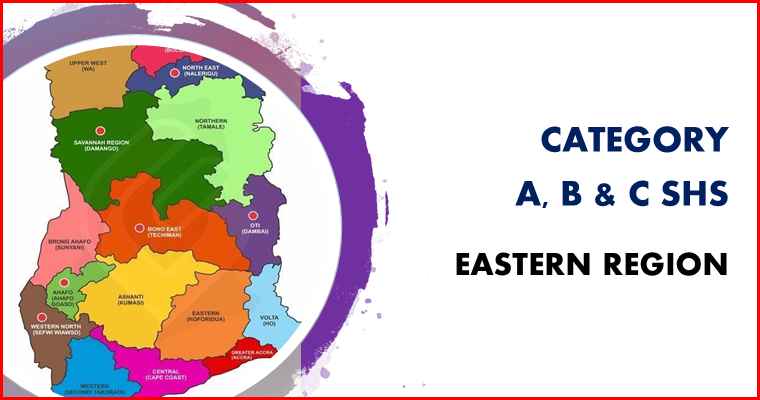Whether you enjoy solving technical challenges or being creative and innovative, aerospace engineering opens up opportunities in a range of industries, from automotive to finance and IT
Job options
Jobs directly related to your degree include:
- Aerospace engineer
- CAD technician
- Design engineer
- Higher education lecturer
- Maintenance engineer
- Manufacturing systems engineer
- Materials engineer
- Mechanical engineer
Jobs where your degree would be useful include:
- Automotive engineer
- Control and instrumentation engineer
- Patent attorney
- Product designer
- Production manager
- Quality manager
- Sales executive
- Technical sales engineer
Remember that many employers accept applications from graduates with any degree subject, so don't restrict your thinking to the jobs listed here.
Work experience
Employers value the experience gained through industrial placements, summer placements, or part-time work.
Industrial placements as part of your course will add valuable experience to your CV and may also lead to job openings as employers often see placements as an opportunity to identify future recruits. If industrial placements are not part of your course, look for summer placements with major engineering or manufacturing companies.
Work experience in any kind of role within manufacturing, maintenance, or related settings, whether in the office, factory shop floor, or laboratory, will help you understand the whole production process and develop skills such as designing, research, or working in a team.
You could also join relevant societies while at university to show your interest.
Skills for your CV
Aerospace engineering students develop specialist knowledge in areas such as mechanics, aerodynamics, stress engineering, materials and structures, and sustainable aircraft design,
Employers are also interested in the broader technical, interpersonal and IT skills you acquire studying aerospace engineering, such as the ability to:
- work effectively in multinational teams
- use creativity and problem-solving skills to establish innovative solutions
- manage the design process and evaluate outcomes
- develop economically viable, ethically sound and sustainable solutions
- be numerate and computer literate
- work accurately and with attention to detail
- effectively communicate
- show leadership and exercise responsibility
- demonstrate project management skills
- meet changing customer needs.








